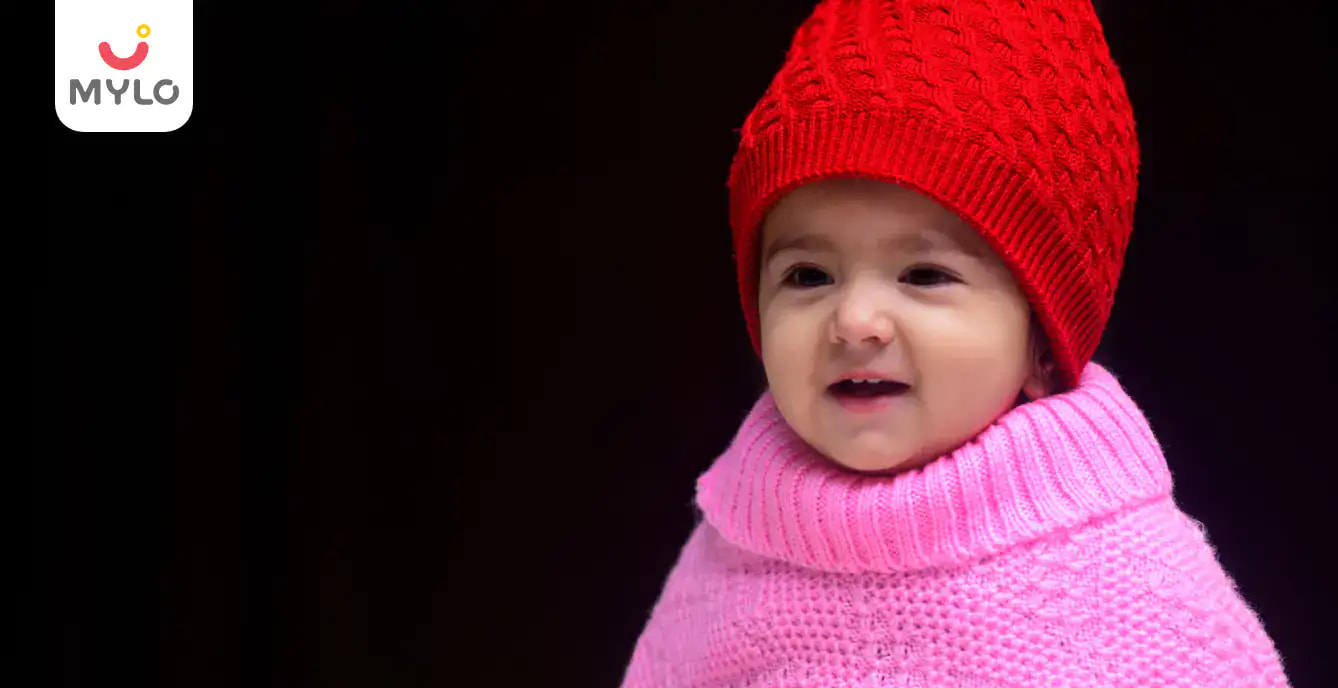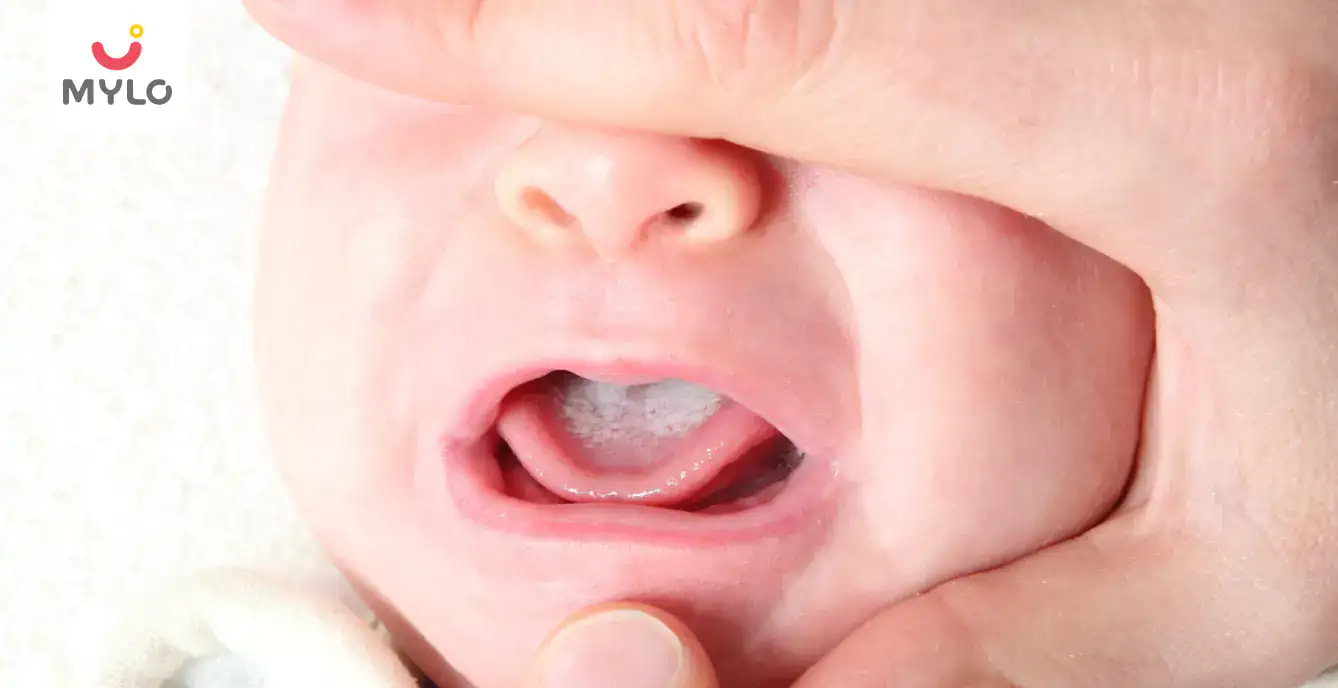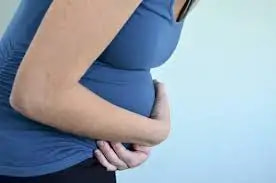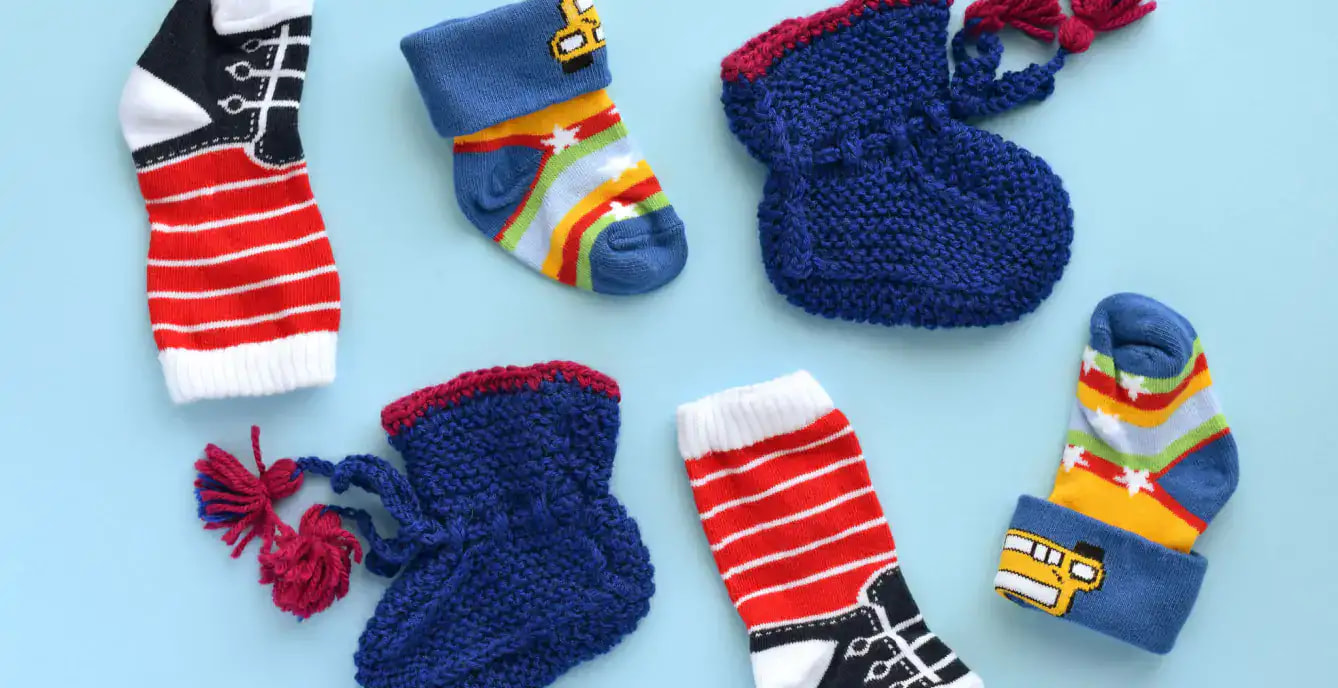Home

Cold & Cough

Symptoms and Causes of Cold in Infants
In this Article
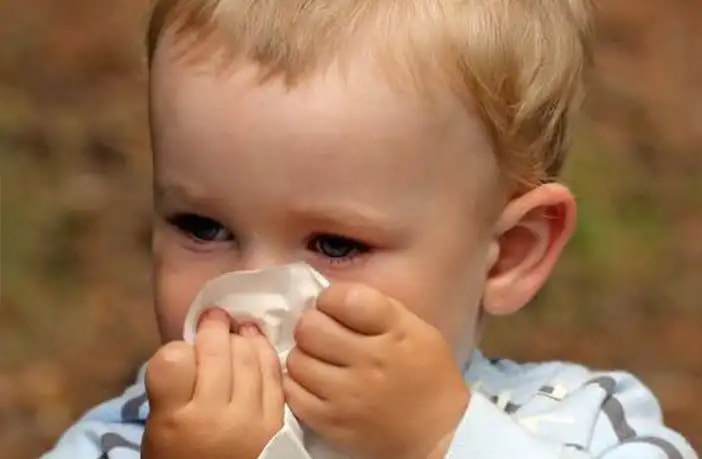
Cold & Cough
Symptoms and Causes of Cold in Infants
Updated on 29 January 2022
Symptoms and Causes of Cold in Infants
Cold in human is universal. There are more than 200 viruses around us that are capable of causing colds in humans irrespective of age. Infants are prone to catch a cold easily as their immune system is still developing. Luckily, majority of colds that they catch, only help them to strengthen their immune system. But for parents the first colds that their infant catches up with, can be very scary and understanding its causes and symptoms helps them to approach it appropriately.
Common causes of the cold:
The infections of the nose, throat, and upper respiratory tract are because of viral infections. Rhinovirus is the most common type of virus that causes cold in children. Babies can generally get infected by
-
Air: Through droplet infection when some elder coughs, sneezes, or talks in the room.
-
Surface: Viruses can live for long hours on contaminated surfaces and the baby can catch a cold by touching such contaminated surfaces.
-
Direct contact: When an infected person comes in direct contact with the baby, the infectious virus can easily spread to them.
Symptoms of cold in infants:
The first indication of the common cold in infants is a runny or congested nose. The child can also have nasal discharges that are clear at first but can thicken and get yellow over time. Other common symptoms of cold are:
-
Fever
-
Coughs
-
Sneezing
-
Irritability
-
Decreased appetite
-
Difficulty in sleeping
-
Difficulty in feeding because of nasal congestion.
When is the right time to see the doctor?
Generally, colds in infants will resolve within ten days. But it is always better to call the doctor, instead of performing self-medication. Parents should seek immediate medical help if the baby has a body temperature higher than 100.4F, has persistent coughs, has trouble breathing, and is persistently irritable.
Preventing cold in children:
The best way to prevent cold in children is to keep them and the surfaces as clean as possible. Parents should avoid exposing the baby to anyone who is sick at home. Also, parents should wash their hands frequently, especially before touching and feeding the baby. It is important to clean the pacifiers and toys of the baby often and use clean cloths and tissues on them.



Written by
Loveleen Gupta
A working mother with more than two decades of experience in writing for the publishing industry and digital space, Loveleen Gupta loves dabbling in creative writing also. A graduate from Miranda House, she uses her personal experiences to express herself.
Read MoreGet baby's diet chart, and growth tips

Related Articles
RECENTLY PUBLISHED ARTICLES
our most recent articles
Ayurveda & Homeopathy
Do you also want to choose an Ayurvedic diet during your pregnancy?
Ceremonies
6 Awesome Tips to Make Your Baby's First Birthday Party Memorable and Fun
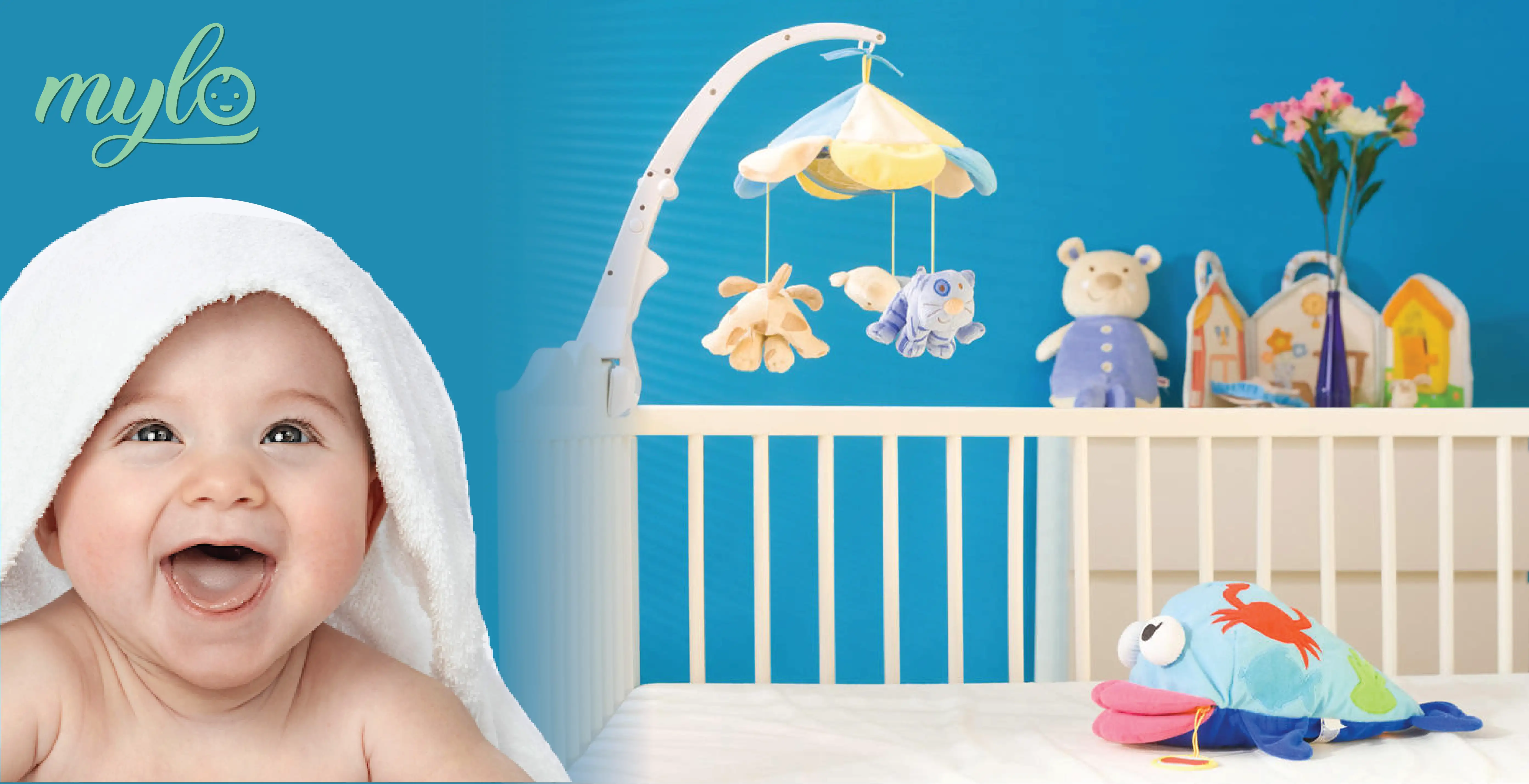
Designing a Nursery
7 points to remember while designing your baby's nursery
Second Child
Are you finding it arduous to manage your toddler and a new baby at the same time?
Twins & Triplets
What are the common health conditions that you should be aware about when expecting more than one baby?
Food Cravings
Learn all about the top 4 causes of food aversion and cravings during the pregnancy period
- Which 6 skills are expected from a child to be ready for preschool?
- 8 things to consider while designing your baby's nursery
- If you're heading back to work after maternity leave then these 7 tips will help you ease the transition.
- Causes of Bruxism (Teeth Grinding) in Kids
- Nose bleeding during pregnancy
- Find out all about phobias in children and what can you do as a parent
- How foul air may affect fetal heart development
- How to spend some quality time with your baby after work?
- Do you want to make a successful return to work and wondering how to balance your career and family? Here are 7 tips for achieving a better work-life balance.
- How to throw a baby shower on a budget
- Learn what is Chorionic Villus Sampling (CVS) and all about the Purpose, Procedure, Risks & Results associated with it
- Super Boss: Four Women On Juggling Motherhood And Work
- How to check your pre-schooler's development with these 5 standard milestones.
- Top tips: What can dads do when the wife goes into labour


AWARDS AND RECOGNITION

Mylo wins Forbes D2C Disruptor award

Mylo wins The Economic Times Promising Brands 2022
AS SEEN IN
















- Mylo Care: Effective and science-backed personal care and wellness solutions for a joyful you.
- Mylo Baby: Science-backed, gentle and effective personal care & hygiene range for your little one.
- Mylo Community: Trusted and empathetic community of 10mn+ parents and experts.
Product Categories
baby carrier | baby soap | baby wipes | stretch marks cream | baby cream | baby shampoo | baby massage oil | baby hair oil | stretch marks oil | baby body wash | baby powder | baby lotion | diaper rash cream | newborn diapers | teether | baby kajal | baby diapers | cloth diapers |



